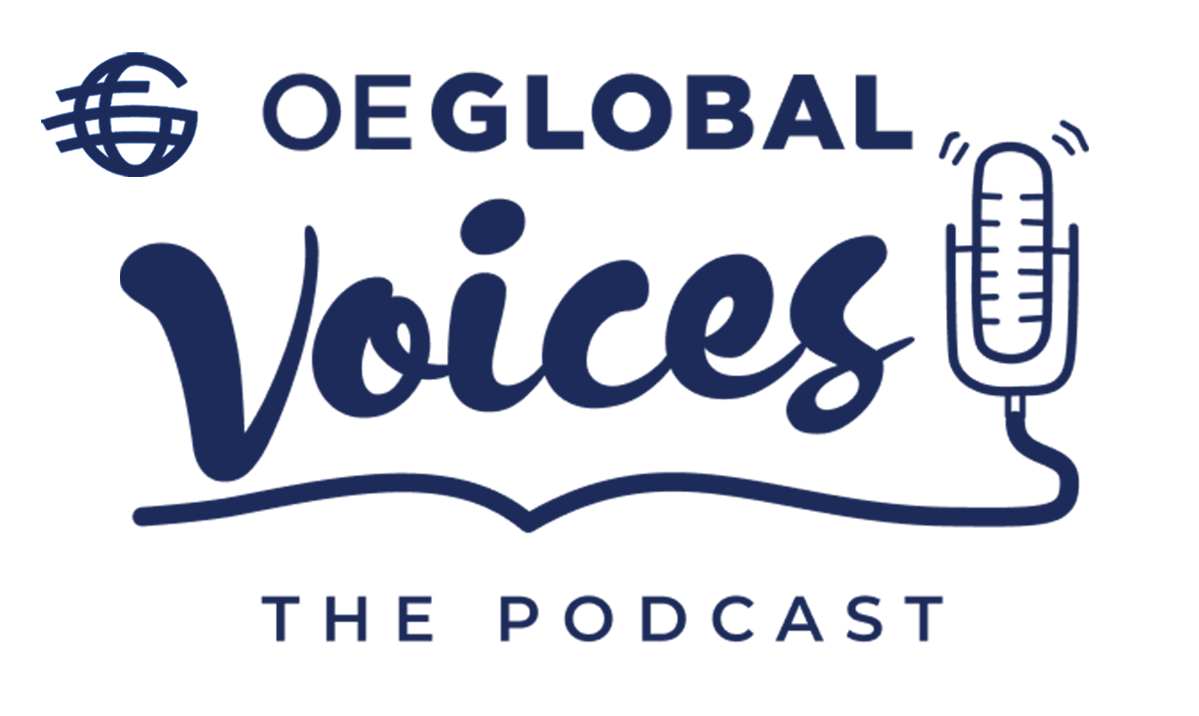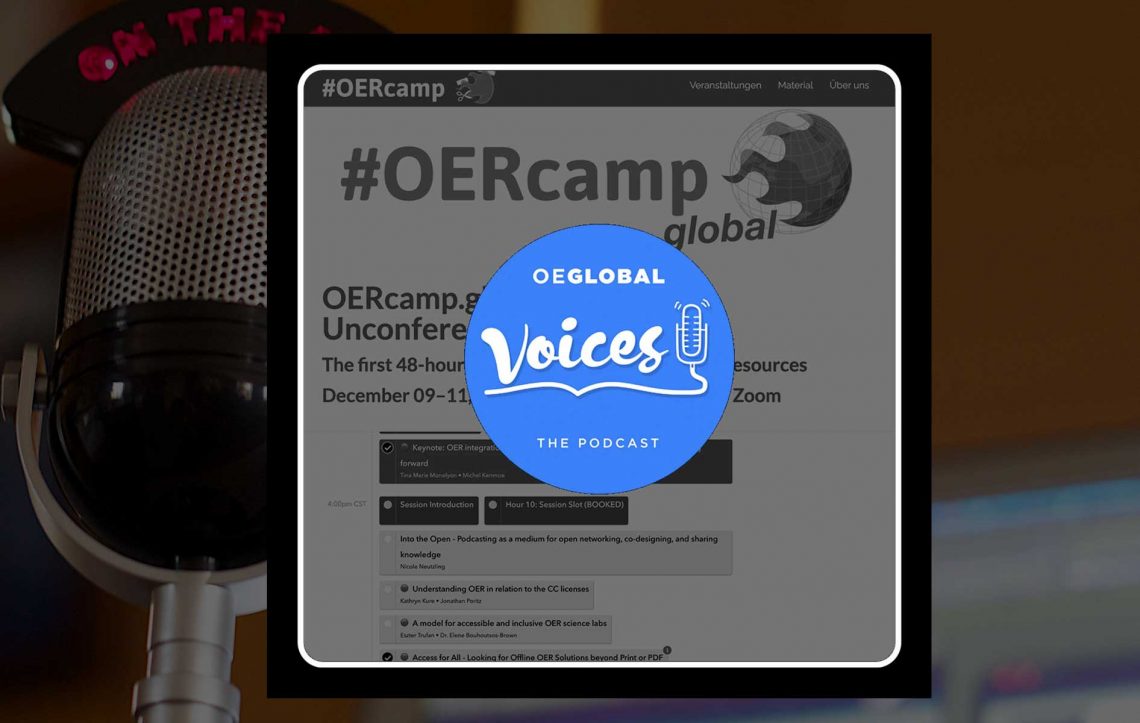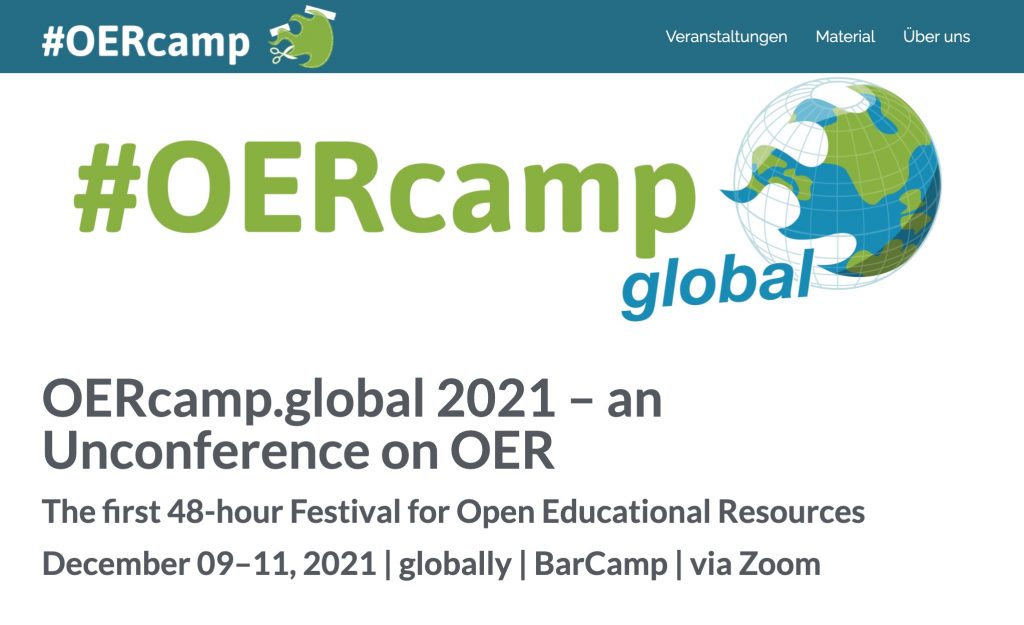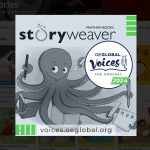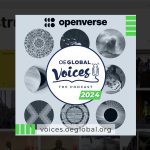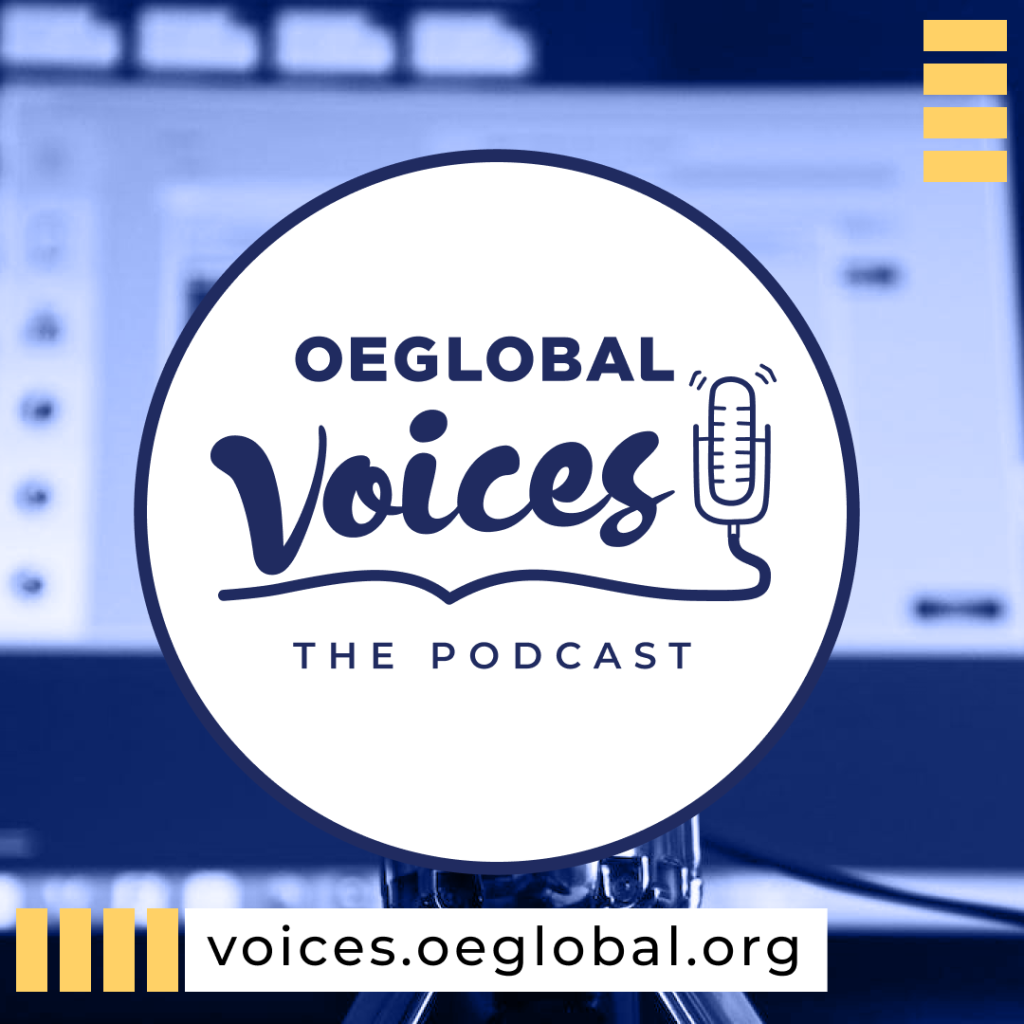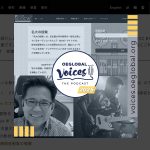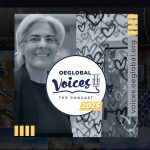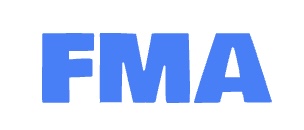We hope you took the opportunity last week to participate in OERcamp.global 2021, an online, 48 hour festival of Open Educational Resources run “BarCamp” style (it was recognized in 2020 with an OE Award for Excellence in the Open Innovation category). If you missed camp, do not worry about missing out as session materials and recordings are and will be available.
To give you more a sense of what the OERcamp experience was like, we at OEG Voices created our own session in Hour 6. We recorded audio from this session, hearing Chief of Operations Kristin Hirschmann and founder Jöran Muuß-Merholz share the history of OERcamp plus what went in to moving it online and opening it up to a global audience. We also heard from conference participants in the studio with us who shared their perspectives on OERcamp.
OERcamp is a BarCamp on Open Education and Open Educational Resources (OER). “BarCamp” means that everyone can contribute to the programme by submitting their sessions. It is a user-generated (un-)conference. A BarCamp is not only about sharing knowledge: Open issues, ongoing activities and joint reflection can take place in sessions, as well. It’s about sharing and co-creating knowledge, the open way!
OERcamp website
In its 48 hours span, OERcamp.global hosted some 130 sessions, and participants included 1063 registrants from 87 countries spread across 21 time zones. The call for sessions stressed the connection to the UNESCO Recommendation on OER.
Podcast: Play in new window | Download
Jöran noted that in 2021 all of the activities took place online while the original idea of a BarCamp, first helped 2005 in Palo Alto, California, was aimed at people who had only known each other online wanted to meet and collaborate face to face. You can hear more about the first BarCamp in a podcast interview Jöran recorded with Eris Stassi who helped organize it.
In his work at a think tank, in 2012 Jöran saw how OERs and open textbooks were of large interest in the US, but was unsure of the interest in Germany. A call for interest found many German educators who were willing to convene in this atypical conference format.
The idea of OERcamp was a format where everyone could come together and contribute to the conference.
Jöran Muuß-Merholz
The first OERcamp took place in 2012 at the University of Bremen where 80 people gathered for 3 days. Jöran recalls much interest in how the concepts of open source software would apply to open educational resources and much discussion about which open licenses were appropriate.
Since then an OERcamp has been hosted in 9 cities in Germany, attracting audiences of 80 to 300 participants. It has expanded to multiple events per year in several formats including hackathons and open courses. These efforts have been recently support by the German Ministry of Education and Research.
Kristin joined the project two years ago as a program director. She helped organize the last in-person OERcamps in Spring of 2020, including an OER Hackathon that took place only a week before the COVID-19 lockdown.
The planning for OERcamp.global was described by Kristin as “a giant puzzle of 1500 pieces” giving some picture on how their small team was able to support a 48 hour continuous event for so many participants.
For a few years, Jöran had a desire take the OERcamp format to a global audience, but until the pandemic, the funding model did not allow for that.
This all changed in late 2021. With a green light to go ahead, Jöran, Kirstin, and the rest of the team had 73 days to organize a December 2021 online OERcamp. They had no marketing budget, and relied much on social media and other communities to get the word out.
In their reflection of hosting OERcamp online, Jöran described how “It is helping us to learn about how online and in person meetings work. We learn what is important in each.” He said what works well in the Zoom environment for sessions is being able to switch sessions quickly. At an in-person OERcamp, it might take 20 minutes to assemble participants in the main room for the next round of sessions to be described. In zoom, it took three minutes, and people could jump from one to another by just switching breakout rooms.
On the other hand, he noted how the online experience missed the potential of informal gatherings over coffee. OERcamp.global attempted to address this with a session of web streamed Karaoke as well as one for yoga.
We heard as well from an OERcamp participant who shared her experience:
It’s amazing to see there is a global community out there which is trying to do the right thing– to create, and remix and to lead by example… I wanted to thank you, as a participant it’s really well organized, and you get to speak to a lot of people. A global unconference like this is long overdue. If we are truly talking about equity in education, this is the only way, to have a global community… networking on a global level is what this conference does.
Gina, OERcamp.global participant
Kudos to everyone who participated in OERcamp.global and to the amazing team that ran it so smoothly. What will happen next? Stay tuned via links below and follow @oercamp on twitter.
Relevant Links
- OERcamp project http://oercamp.de/
- About OERcamp (German) https://www.oercamp.de/about/
- About OERcamp (English) https://www.oercamp.de/about-oercamps-in-english/
- OERcamp archive https://www.oercamp.de/archiv/
- OERcamp.global 2021 http://oercamp.global/
- Schedule including resources and recordings https://oercampglobal2021.sched.com/
- YouTube playlist of keynote sessions https://www.youtube.com/playlist?list=PL4TgXnUJH7ZDeFLG51_uRvG0XBG9TV8wM
- Barcamps & Co. Peer-to-peer methods for further training (open book by Jöran Muuß-Merholz)
- Interview with Eris Stassi about the first BarCamp https://www.joeran.de/eris-stassi-barcamp/
Show Notes
The music for this episode is from the Free Music Archive, a song appropriately called Camp by Podington Bear is licensed under an Attribution-NonCommercial 3.0 International License.
This is also the first episode featuring the introduction created by community voices, you can explore and remix different versions and also add your own voice to the sources. Voices that appear in this introduction include Alex Enkerli, Ajita Deshmukh, Igor Lesko, Paul Stacey, Cynthia Orozco, Rajiv Jhangiani, Lena Patterson, Kristin Hirschmann, Jöran Muuß-Merholz, Shannon Smith, Shinta Hernandez, and Lori-Beth Larsen.
